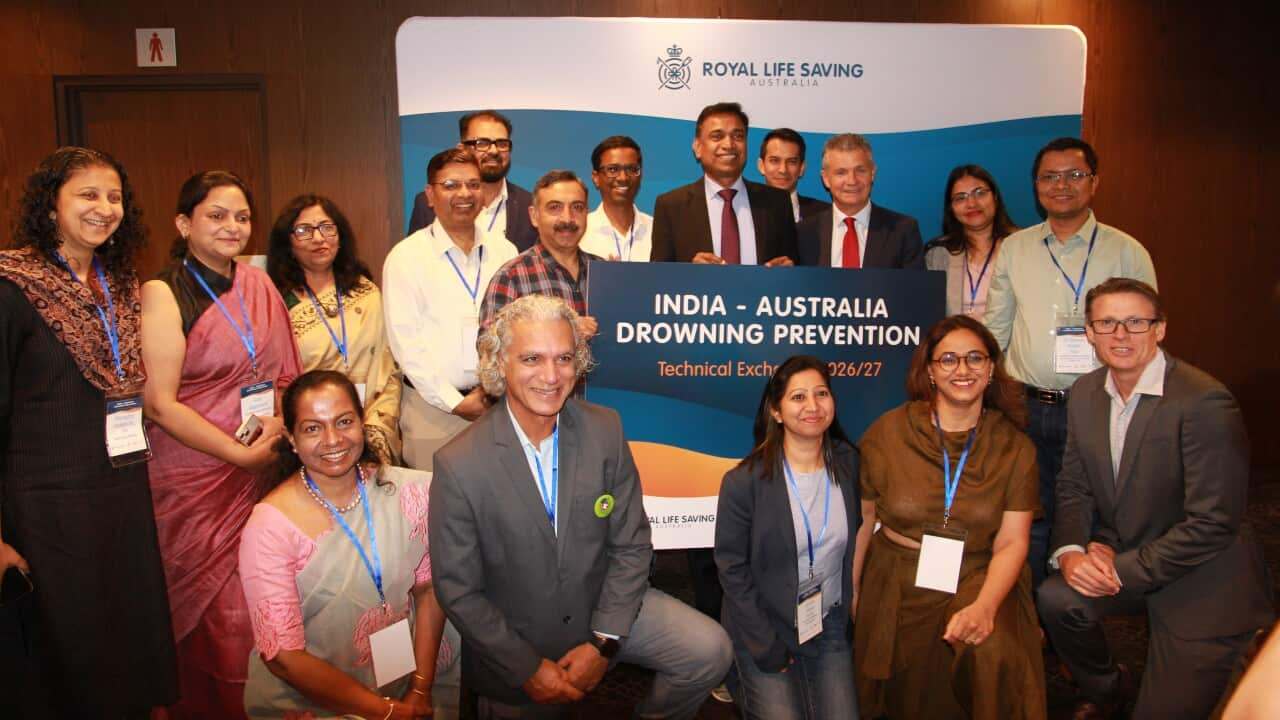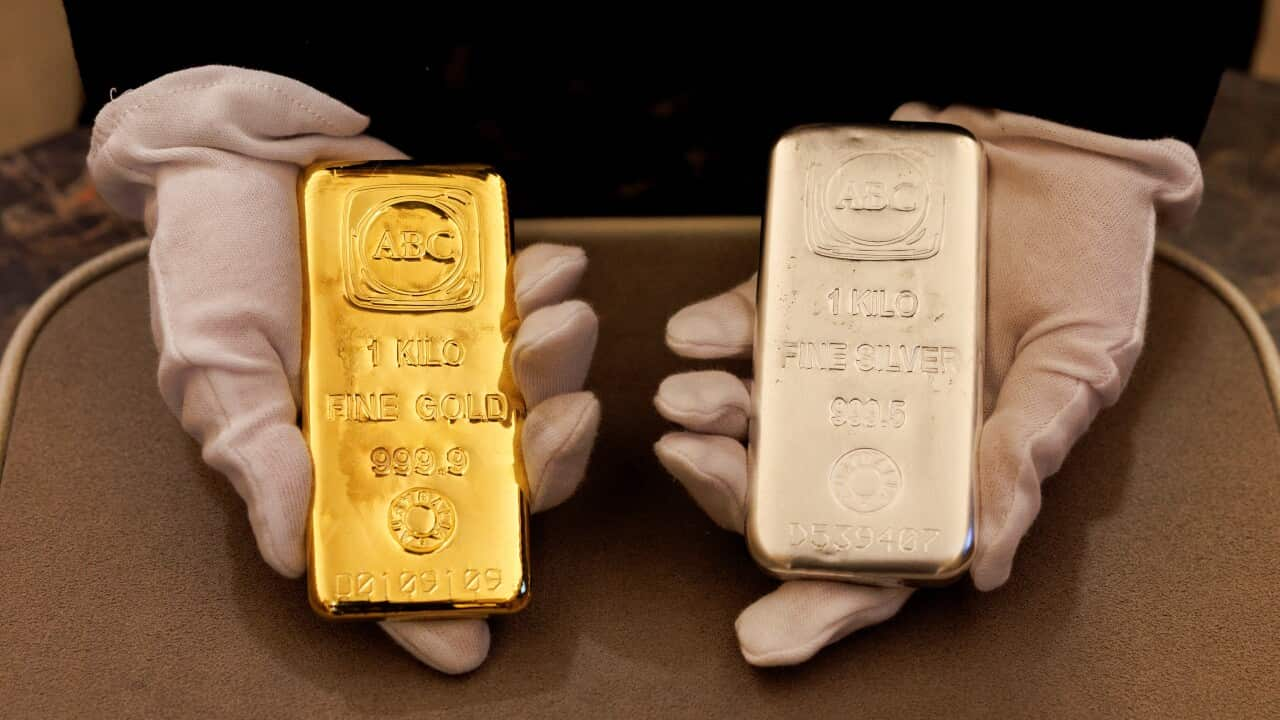Listen to Australian and world news, and follow trending topics with SBS News Podcasts.
TRANSCRIPT:
In Russia, there is an infamous fake news story about Donbas which aired on Russian state TV in 2014.
The story features an interview alleging the crucifixion of a three year old boy by Ukrainian soldiers.
It was quickly debunked by several Russian independent media outlets - but the impact was far-reaching.
Evgeny Feldman is a photojournalist for the independent Russian newspaper Novaya Gazeta, who was in Sloviansk at the time and was able to fact-check the story.
"The Russian government is kind of trying to overload people with these terrible stories, hoping that some will stick. When I was on the separatist side of the frontline, I met a guy who actually went to fight because he heard that story about this boy who was tortured."
A new report by the European External Action Service suggests Russia is actively using information manipulation as a warfare strategy, in an attempt to jeopardise international support for Ukraine.
Published in August, the report states Russia's disinformation operations aim "to swing international opinion to legitimising Russia's war of aggression" and distract focus from its attacks on civilian targets and infrastructure, and its alleged war crimes.
Patrick Boehler is a founder of the research firm Gazzetta, based in Tallinn and New York.
It supports media and tech companies to find ways around censorship and surveillance, especially in autocratic settings.
"The actors that have specialised in disinformation have really, really studied how journalism works, the way Western-style journalism is performed, and looked at ways on how to disrupt it."
EUvsDisinfo is a European Union project to combat Kremlin-backed propaganda.
In the last decade, it debunked more than 18,000 Russian disinformation cases, with 600 entries accusing Ukraine of being a ‘Nazi’ or ‘Fascist’ state.
Russian politics specialist at Melbourne's La Trobe University, Dr Robert Horvath, says there are several red flags when it comes to Russian disinformation about Ukraine.
"A major red flag is the designation of the leaders of the Ukrainian government as sympathisers with Nazism, despite the fact that members of Zelenskyy's Jewish family died during the Holocaust. Another red flag I think is the idea that ethnic Russians in Ukraine were oppressed and they needed to be liberated."
While the United Nations has repeatedly committed to Ukraine’s sovereignty, Russia has invaded at least 20 per cent.
Experts suggest it is near impossible for independent media to work from the occupied Donbas.
This is Feldman again.
"There are some press tours that are available for Western – for those photographers (or) correspondents who work for Western media... [[butt]] I think most of what they see is kind of staged."
The widespread nature of Russian disinformation campaigns is relatively known to European media and its audience.
However, there are few discussions of this issue in the Australian media.
In October 2024, a Senate inquiry into Australia’s aid to Ukraine heard submissions mentioning examples of Australian media falling short.
The inquiry stated: "It is clear that Russia is not being held to account for its dissemination of propaganda.”
At the time, the Australian government said it was aware of different misinformation campaigns and was coordinating with national intelligence agencies to counter these activities.
This is Boehler again.
"Journalists who might not be very familiar with the topic might be looking for two sides of the story out of the best intentions. But what happens is that you achieve a false balance between someone who is a victim and someone who is an oppressor."
At a rally earlier this year, Anton Bogdanovych, a member of community group "Ukrainians in Sydney" had this to say about Russian disinformation.
"This is what people don't understand - that normal people are turning into monsters that support all of these atrocities. The reason is propaganda."
This story was produced as part of a research trip hosted by the German Federal Foreign Office in cooperation with the National Press Club of Australia.













